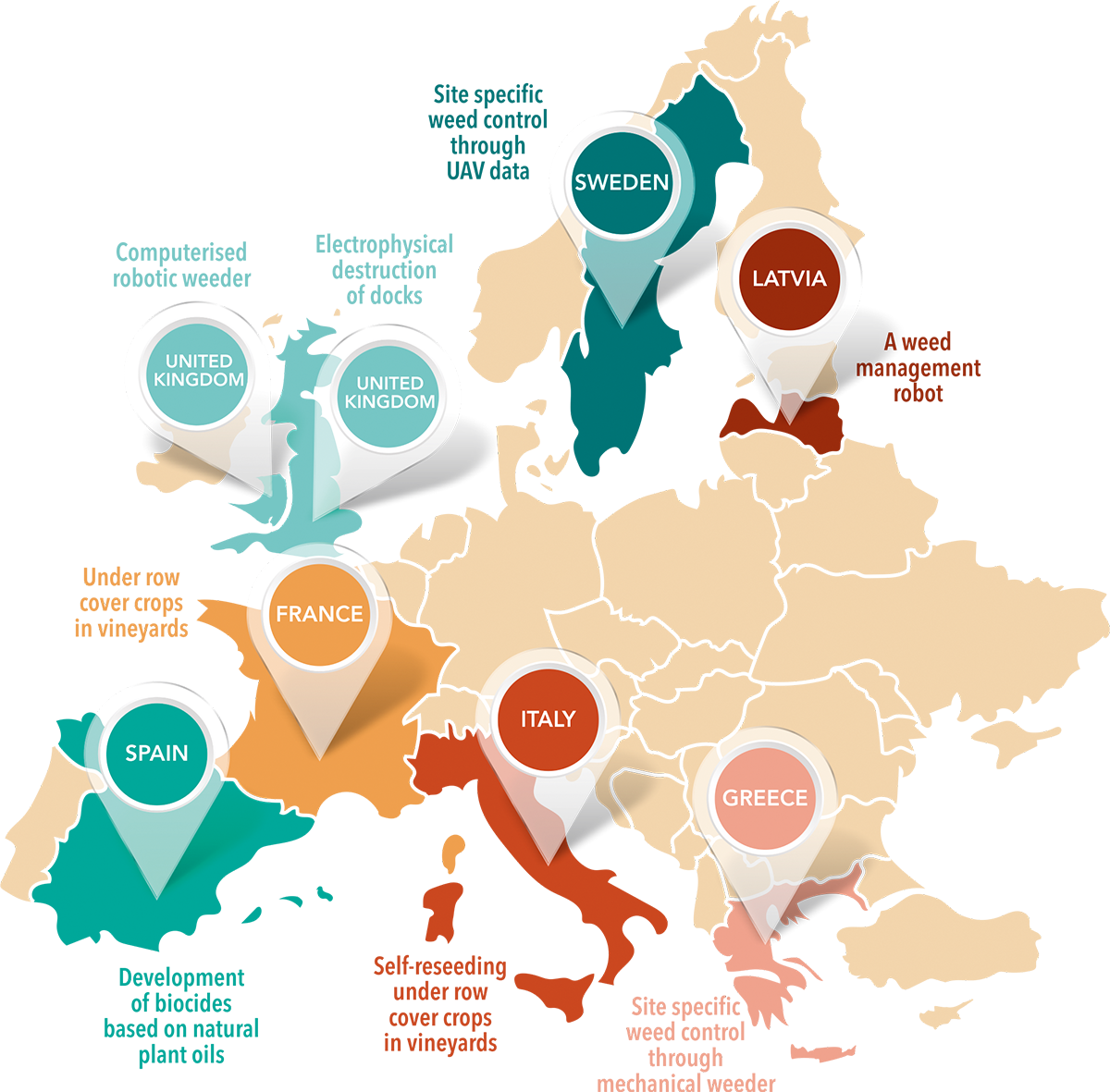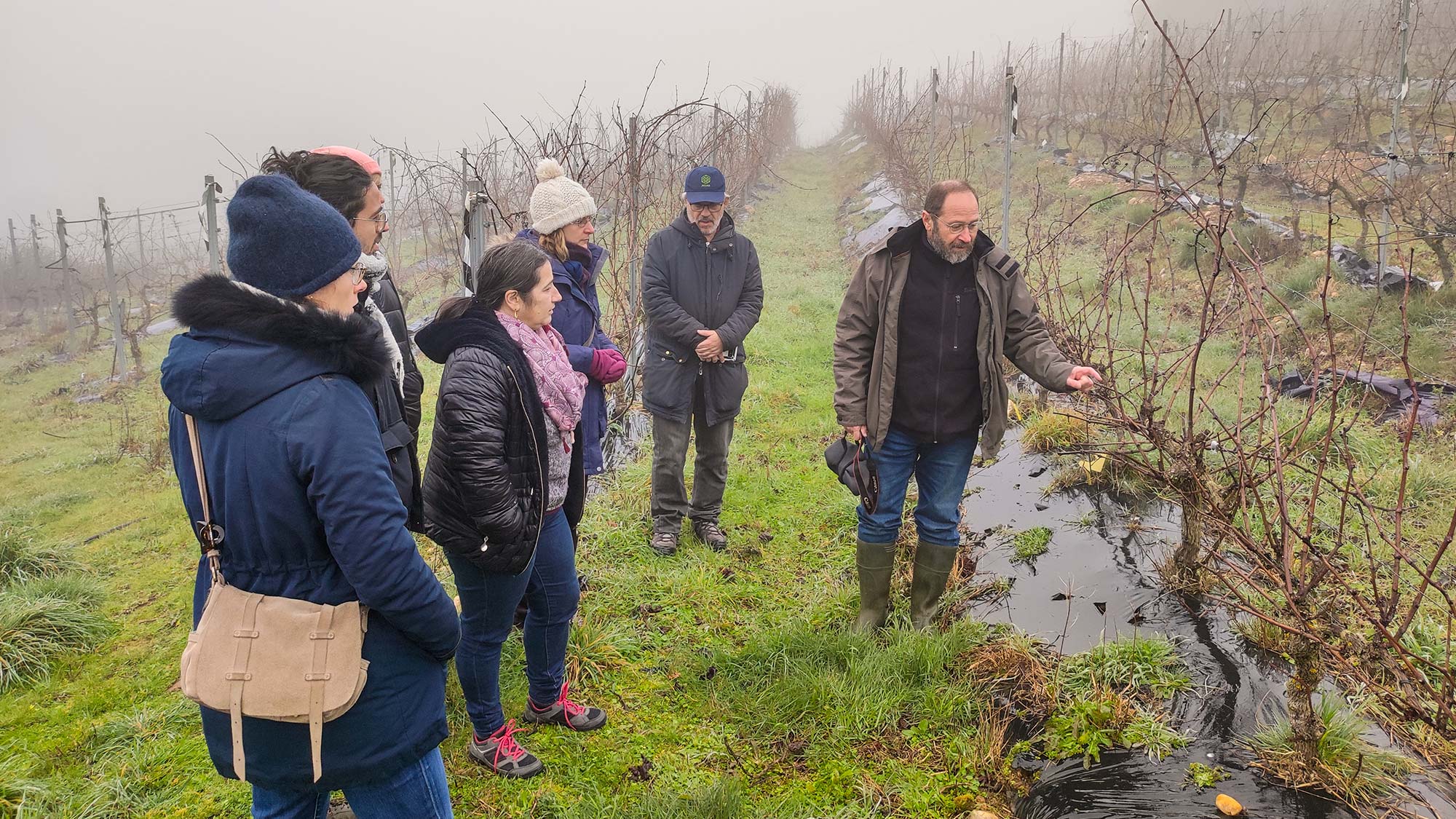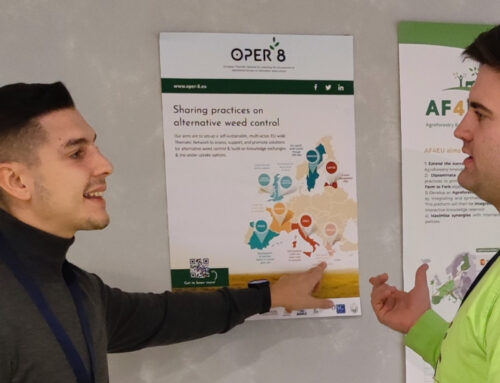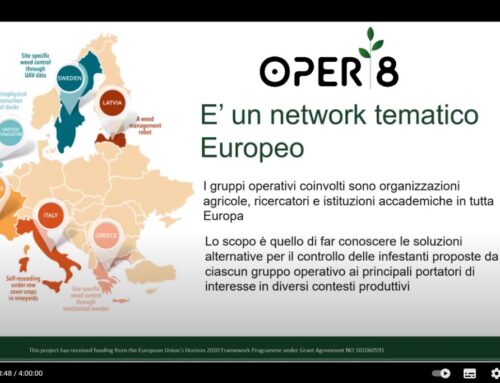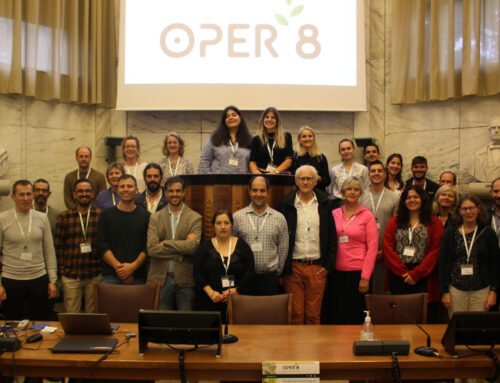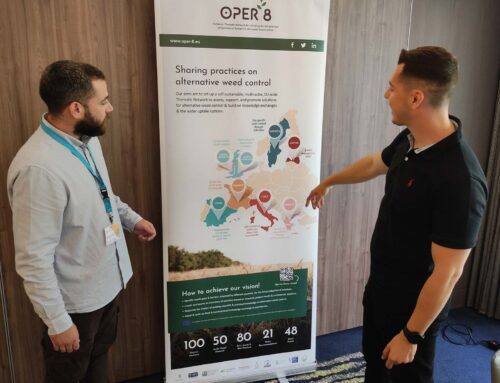On 1st and 2nd of February, the National Network Operators (NNOs) in charge of the National Networks and workshops within the Oper8 project, met in the city of Lugo, NW Spain.
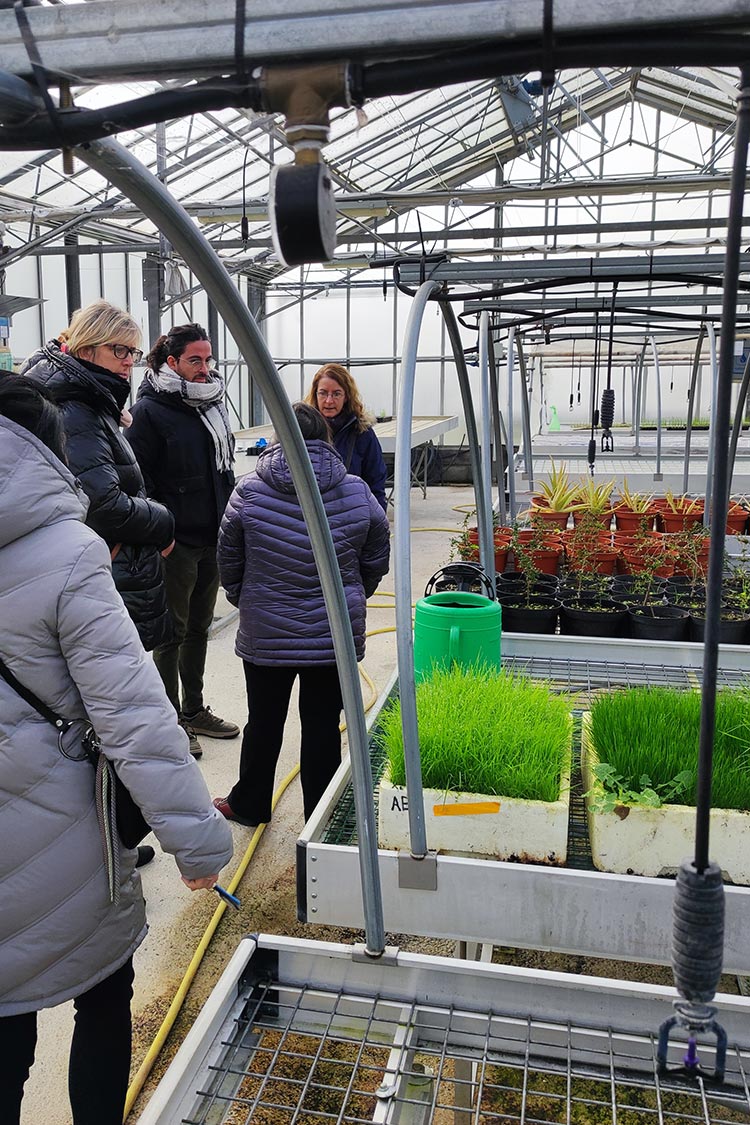
Oper8 includes participants from 7 countries and 8 different operational groups
The meeting consisted of two different parts. The first day was allocated to training and discussion regarding building networks and preparatory activities to obtain the best practices intended to be the Oper8 innovative solutions for non-chemical and alternative weed control.
As part of this session, the eight different Operational Groups from Italy, the UK, Greece, Spain, Sweden, Latvia and France were presented in order to adopt a common approach and work frame for the upcoming Oper8 National Networks. In addition, the USC team provided some guidelines and advice on setting up and running the stakeholder’s networks.
Visit at two Demo Farms with guidance by two professors from USC
The second day of this meeting was allocated for field visits as part of the training to build successful Demo Farm events within the National Networks. The NNOs visited two Demo Farms where USC (University of Santiago de Compostela) researchers take part in experimental projects. The first visit was to a vineyard with different weeding methods as for example cover crops, weed control fabric and terracing, where Julián García Berrios, professor of the USC, explained to the participants the aforementioned techniques and methods applied to mitigate and avoid the appearance of weeds without harmful effects on the vineyard and quality and properties of the grapes and wines.
The second visit took place at a forestry company (Bosques Naturales S.A.) focused on producing high-quality timber from Wild Cherry (Prunus avium L.) and Walnut tree (Juglans major 209 x Juglans regia). Here the NNOs led by Rosa Mosquera, Full-Professor of the USC, analysed the still visible effects derived from the use of glyphosate a decade after the use of this type of herbicide was stopped due to the polluting effects that is even linked to the appearance of carcinogenic processes. To avoid the use of glyphosate, innovative weeding alternatives were demonstrated as the successful employment of herbivorous animals. With the use of sheep, the company has turned the past high expenses in glyphosate into a new source of incomes by selling products as meat and manure.
